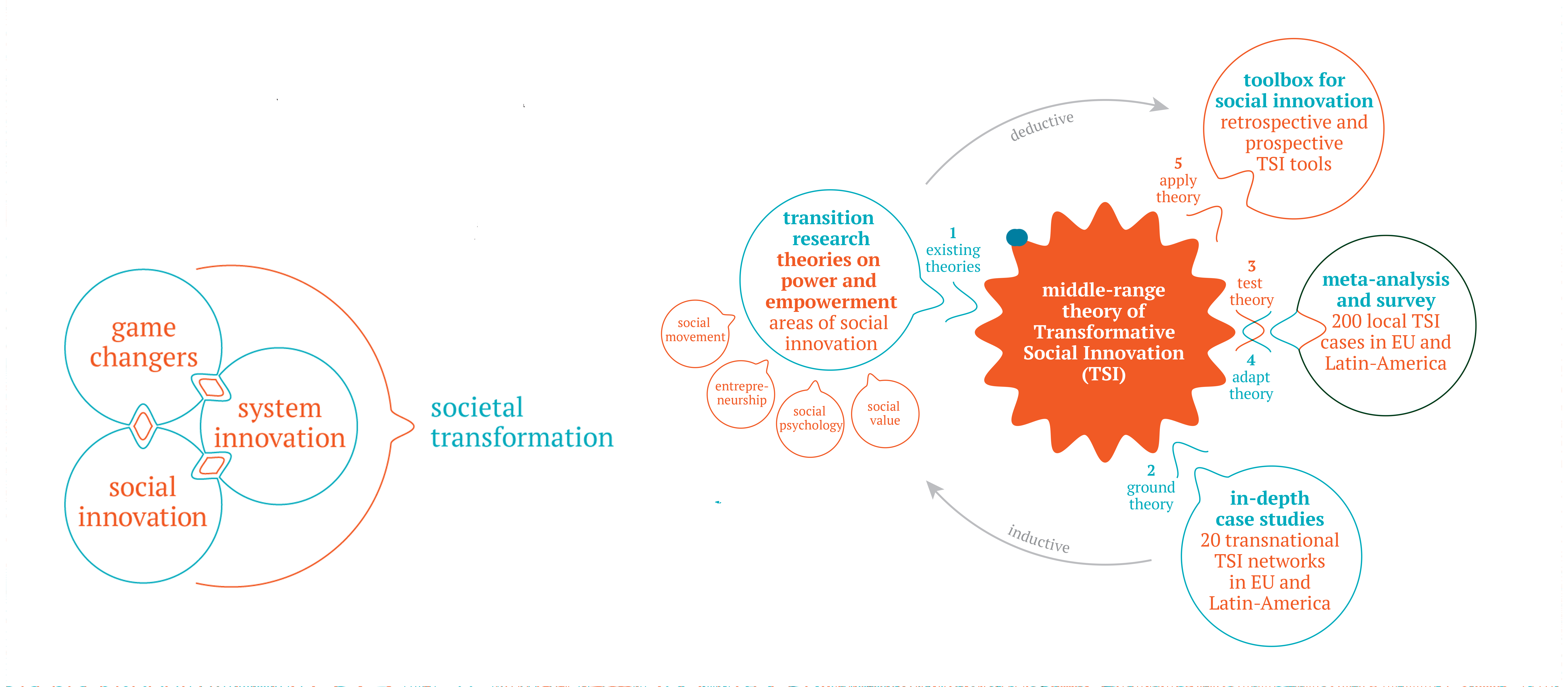Résumé de la vidéo de [00:00:00][^1^][1] à [00:52:27][^2^][2] :
Cette vidéo présente deux outils pour évaluer le niveau de maturité d'un projet d'innovation sociale : le schéma du cycle de vie et la grille d'évaluation. Ces outils ont été co-construits avec des acteurs de l'écosystème de l'innovation sociale au Québec. Ils permettent de situer un projet dans les différentes phases du processus d'innovation sociale et d'identifier les indicateurs qualitatifs correspondants. La vidéo explique le contexte, les sources d'inspiration, la démarche de co-construction, l'organisation et l'utilisation des deux outils. Elle donne aussi un exemple concret d'application de la grille à un projet.
Points saillants :
+ [00:00:08][^3^][3] Présentation du webinaire et des intervenants
* Marie-Chantal Bach, directrice du RQIS
* Gabriel Salathé-Beaulieu, animateur du webinaire
* David Longtin, chercheur et présentateur des outils
* Josée Baudoin, témoin d'un projet d'innovation sociale
+ [00:03:58][^4^][4] Contexte et objectifs du projet d'outils d'évaluation
* Besoin exprimé par les acteurs de l'innovation sociale au Québec
* Financement du ministère de l'Économie et de l'Innovation
* Portage par imonovis, RQIS, CEDRIC et TIESS
* Revue de littérature et groupes de discussion en 2021
* Co-construction de cinq outils avec une trentaine de partenaires en 2022
+ [00:06:25][^5^][5] Sources d'inspiration et démarche de co-construction des deux outils présentés
* Schéma du RQIS (2014) et revue de littérature (2021) comme points de départ
* Deuxième groupe de travail avec six ateliers pour revisiter le schéma et élaborer la grille
* Intégration des propositions et des tests des participants
+ [00:09:25][^6^][6] Organisation et utilisation du schéma du cycle de vie d'une innovation sociale
* Quatre grandes phases : émergence, expérimentation, pérennisation ou changement d'échelle, institutionnalisation
* Douze niveaux de maturité identifiés par des numéros et des lettres
* Possibilité d'allers-retours, de rétroactions, de refocalisation ou de fin du projet
* Correspondance avec la grille d'évaluation du niveau de maturité
+ [00:16:06][^7^][7] Organisation et utilisation de la grille d'évaluation du niveau de maturité d'un projet avec un potentiel d'innovation sociale
* Version détaillée avec des indicateurs qualitatifs à vérifier par oui ou non
* Version synthétique avec le critère principal de chaque niveau
* Prise de notes pour documenter les éléments du projet qui justifient le niveau de maturité
* Exemple d'application de la grille à un projet situé à la phase d'émergence
+ [00:22:22][^8^][8] Témoignage de Josée Baudoin sur l'utilisation de la grille pour son projet de médiation culturelle
* Projet qui vise à favoriser l'accès à la culture pour les personnes en situation de vulnérabilité
* Utilisation de la grille pour situer le projet à la phase d'expérimentation
* Avantages de la grille : clarté, simplicité, adaptabilité, réflexivité
* Limites de la grille : subjectivité, complexité, temporalité
+ [00:26:19][^9^][9] Période de questions et réponses avec les participants
* Questions sur la définition de l'innovation sociale, la différence entre les phases, la durée du cycle de vie, etc.
* Réponses de David Longtin, Gabriel Salathé-Beaulieu et Marie-Chantal Bach
* Renvoi aux autres outils et au prochain webinaire
